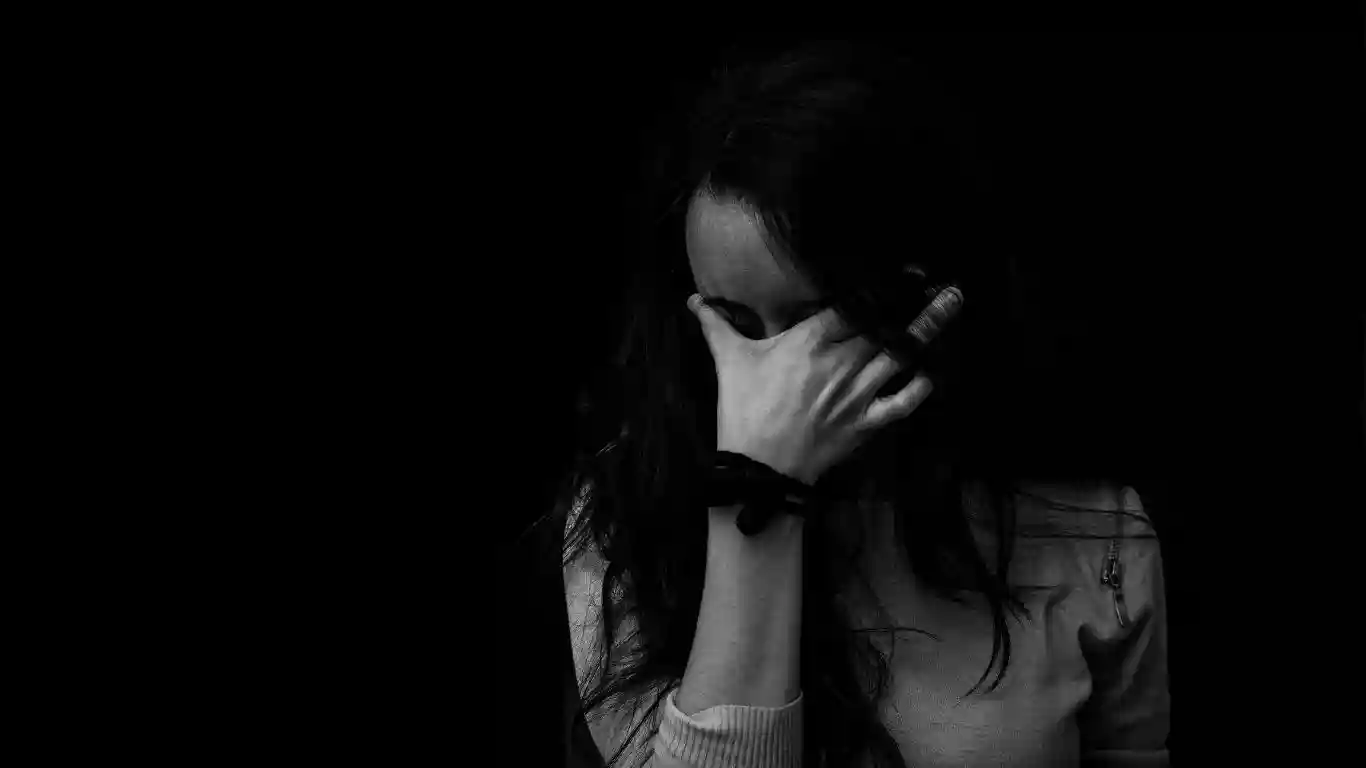Signs of Anxiety: Are you able to recognize if you or someone is experiencing anxiety? In this article, we are going to read about how to recognize anxiety within yourself and others. People of every age experience anxiety sometimes. When you or someone else you are familiar with experiences anxiety daily, it can impact your life negatively. If you realize that it is going out of hand, it is time for you to seek professional help.
Signs of Anxiety – How to Recognize Anxiety Within Yourself And Others
Avoidance
People who experience anxiety often avoid situations that involve people. Such as meetings, group discussions, the first day of college or classes, etc. Mostly, the fear is of looking like a fool in front of people. Some anxious situations can seem unfathomable to some people; situations such as avoiding elevators, trains, and more. You may feel that you have saved yourself from feeling anxious, yes, but for the moment. However, if you try to do it once and then the second time, your anxiety will slowly decrease. It takes time but has faith in the change. If your anxious situation seems unfathomable to some and you don’t seem to help yourself, seeking professional help is the only way.
Overthinking
If you know someone who overthinks everything, or if you tend to overthink everything, you are most likely to have anxiety. In general, these statements commence with “What if (and a worst case scenario)”. Firstly, you need to be aware that you are overthinking right now. Secondly, you need to realize and question if this is going to help you in any way. Lastly, half an hour of overthinking can ruin your entire day. It leads to worrying in multiple ways. While we overthink, it works up our brain causing mental exhaustion. You are most likely to spend a day doing nothing but worrying.
Panic Attacks
Panic attacks are a form of anxiety. If you experience them then you experience anxiety. However, just because you have anxiety does not necessarily mean you will get panic attacks. Students might feel panic attacks before an exam due to pressure. Young adults may experience panic attacks during adjusting to life post-school or after a breakup. Adults may experience panic attacks after losing a close one. Take deep breaths and remind yourself that you are safe when you feel a shortage or breath that feels a lot like a heart attack. Breathe in less and breathe out more. It will help you balance.
Need for Reassurance
Whenever someone feels anxious, they look out for their close ones, family, friend, partner, etc., to reassure themselves that everything is going to be all right. When you don’t seem to have control over your pessimistic thoughts, it is best to talk to someone and share these thoughts. The person you talk to will reassure you that what you are thinking is purely negative and you should focus on something that will work as a distraction.
Procrastination
Procrastination is an overused term nowadays. We all seem to have tried using journals, and to-do lists on the wall and phone, but nothing seems to work. What seems to help is pressure and deadlines, right? However, that causes a lot of stress and mental exhaustion. Some people work well when they are under pressure, but for some, it turns out to be a lot like a 1-hour workout session. If you see yourself getting extremely restless, stressed, and tired every day, you probably have anxiety issues.
Lack of Patience
We all struggle with patience from time to time. However, do you find it happening to you every day? Some examples of this situation are hanging up phone after being on hold for a long time, not being able to wait for someone who is 15 minutes late, losing patience on someone who does not understand what you are trying to say. If you lose your cool on people in every situation or on a daily basis, then it’s a problem. It will be helpful to seek professional help to work on your frustration and increase your patience level.
Insomnia
Nowadays, because of severe phone usage at night time or the change in sleep cycle among students, a lot of people suffer from insomnia. The reason why it is neglected is that almost everyone is experiencing this sleeplessness. Again, consult a sleep specialist or seek professional help. If you don’t have any medical issues, then your sleeplessness could be a mental health issue. One of the most common causes of insomnia is anxiety. If you have a lot of thoughts in your head, you are most likely to lie in bed with no sleep. Lack of sleep causes a lack of energy for anything, even something so small as getting out of bed, extreme lethargy, irritability, and it will increase your anxiety.
Memory Issues
If you have anxiety issues, you are most likely to be forgetful. You might have issues concentrating on someone’s speech and hence, you might forget an entire conversation you had a few minutes ago. If you are anxious or stressed about something you might forget things such as your mobile phone or keys. Your mind is filled with worrisome thoughts so you are not paying attention to minor things such as where you left your keys. The best way to deal with this memory issue is to concentrate on one single thing at a time.































